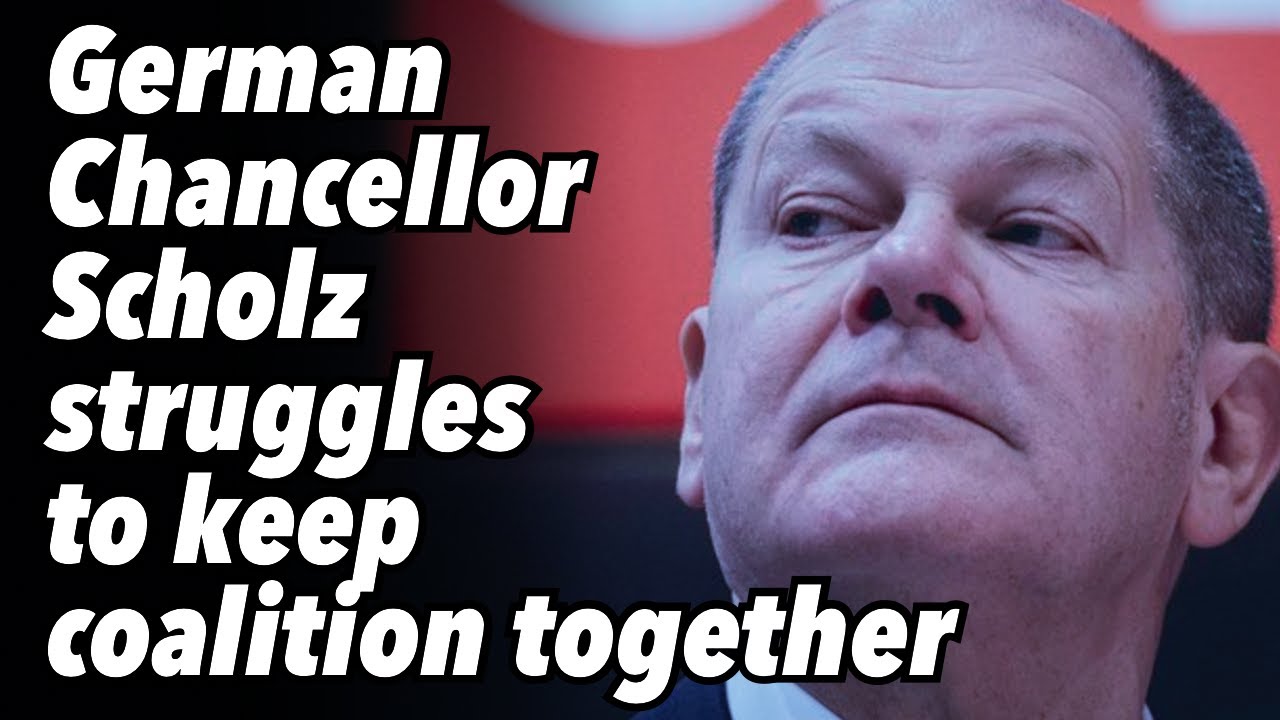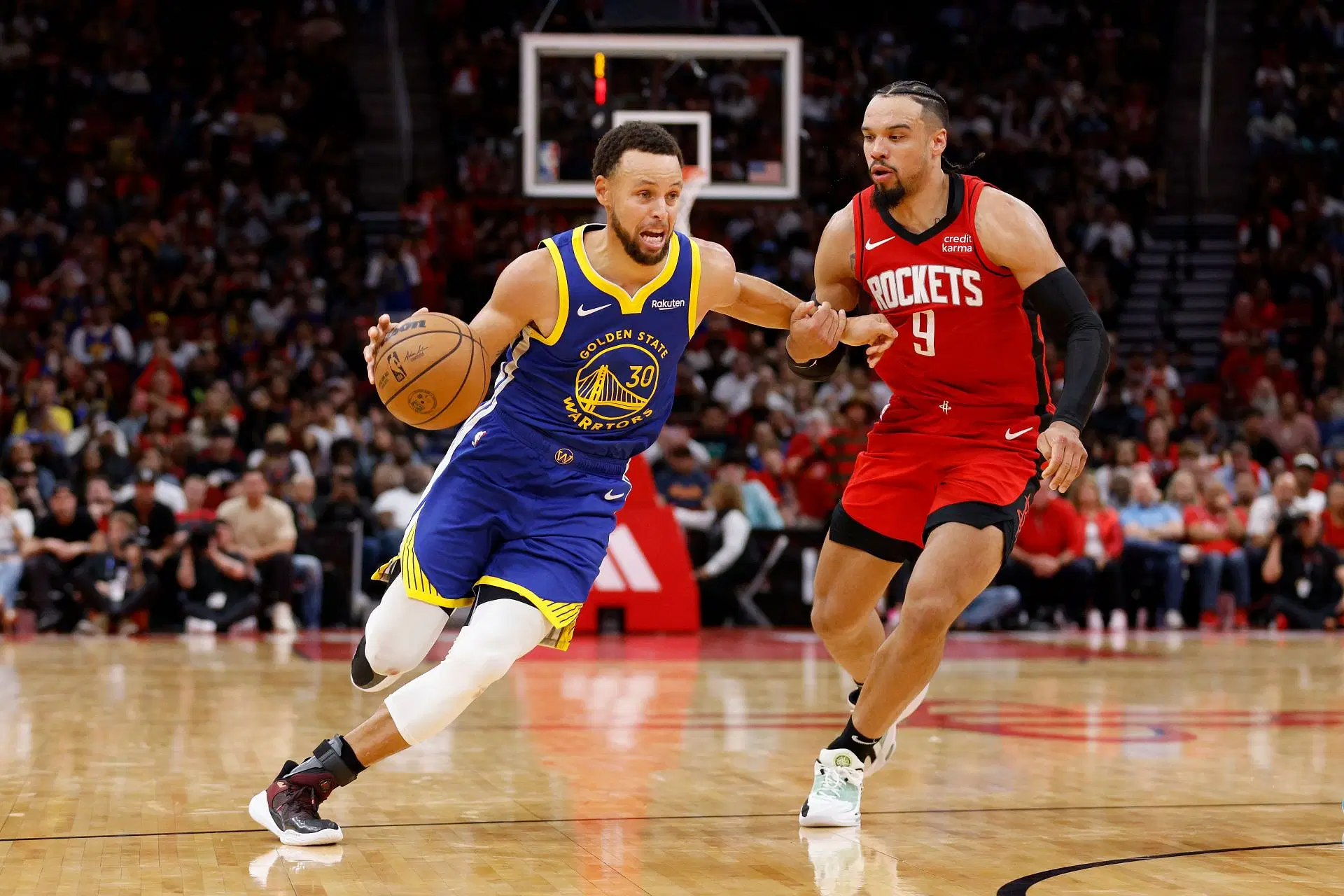Will Scholz's Chancellorship Reignite Germany's European Leadership?

Table of Contents
Scholz's Domestic Agenda and its European Implications
Scholz's domestic agenda significantly influences Germany's role within the EU. His approach to economic policy and the energy crisis will shape Germany's contributions and relationships within the European framework.
Economic Policy and the EU
Scholz's focus on economic stability and social welfare is a cornerstone of his Chancellorship. This approach, while popular domestically, has implications for Germany's role in EU economic policy.
- Impact on the EU budget: Germany's significant economic strength means its stance on the EU budget is crucial. Scholz's emphasis on fiscal responsibility could lead to friction with member states advocating for greater spending on social programs. The debate around the next Multiannual Financial Framework (MFF) will be a key testing ground for this.
- Stance on fiscal rules: Germany's traditional adherence to fiscal discipline within the Eurozone could clash with the needs of economies struggling with debt. Scholz's negotiation skills will be tested in finding a balance between fiscal responsibility and supporting weaker economies.
- Support for weaker economies: While committed to fiscal responsibility, Scholz's government must balance this with the need to support struggling economies within the Eurozone. The effectiveness of this balancing act will influence Germany's image as a reliable partner within the EU.
- Potential friction with fiscally conservative member states: Scholz may face resistance from fiscally conservative member states like the Netherlands, who advocate for stricter adherence to budgetary rules. Navigating these differing perspectives will be vital for maintaining cohesion within the EU.
Energy Policy and its European Context
The ongoing energy crisis presents a significant challenge to both Germany and the EU. Scholz's approach to this crisis will significantly shape Germany's European leadership.
- Green energy transition: Germany's ambitious green energy transition targets require significant investment and coordination with EU partners. Scholz's commitment to this transition will influence the EU's overall energy strategy.
- Reliance on Russian gas alternatives: Reducing Germany's dependence on Russian gas is a priority, requiring diversification of energy sources and strengthened cooperation within the EU. Success here will be a significant indicator of Scholz's leadership.
- EU energy policy coordination: Effective energy policy requires strong coordination across the EU. Scholz's ability to forge consensus and collaborate with other member states will determine the success of the EU's collective energy strategy.
- Potential for division within the EU on energy strategies: Diverging national energy strategies could lead to friction within the EU. Scholz’s role in navigating these divisions and fostering cooperation will be critical.
Germany's Role in EU Foreign Policy Under Scholz
Scholz's Chancellorship has seen Germany grapple with significant foreign policy challenges, significantly impacting its role within the EU.
Russia and Ukraine
The war in Ukraine has fundamentally reshaped Europe's geopolitical landscape. Scholz's response has been pivotal in defining Germany's role within the EU's response.
- Sanctions against Russia: Germany's implementation and enforcement of EU sanctions against Russia are crucial for their effectiveness. Scholz's commitment to these sanctions will influence the EU's overall stance on Russia.
- Military aid to Ukraine: Germany's provision of military aid to Ukraine marks a significant shift in its foreign policy. The scale and nature of this aid will shape perceptions of Germany's role in the conflict.
- Diplomatic efforts for peace: Scholz has emphasized diplomatic efforts to find a peaceful resolution to the conflict. The success of these efforts will greatly impact Germany's standing within the EU.
- Potential tensions with other EU members regarding Russia policy: Differences in approach to Russia among EU members could lead to tensions. Scholz's ability to manage these tensions will define Germany's leadership role.
EU Enlargement and Eastern Partnership
Scholz's stance on EU enlargement and the Eastern Partnership will influence Germany's relationship with its neighbors and its leadership within the EU.
- Support for further EU expansion: Germany's support for further EU expansion, particularly in the Western Balkans, will shape the future of the EU. Scholz's position on this matter is crucial.
- Relations with candidate countries: Maintaining strong relationships with candidate countries is essential for a successful enlargement process. Scholz’s diplomatic efforts will play a vital role.
- Concerns about rule of law: Concerns about rule of law and democratic backsliding in some candidate countries could complicate the enlargement process. Scholz's ability to address these concerns will be key.
- Potential disagreements with other EU members on enlargement criteria: Diverging views among member states on enlargement criteria could create obstacles. Scholz's negotiating skills will be crucial in finding a compromise.
Challenges to Scholz's European Leadership
Scholz's leadership faces significant internal and external challenges that could hinder his ability to shape Germany's European role.
Domestic Political Landscape
Germany's coalition government presents inherent challenges to effective policy-making. Internal divisions could impact Germany's ability to act decisively within the EU.
- Balancing the interests of coalition partners: Scholz must navigate the different priorities of his coalition partners, potentially leading to compromises that dilute the effectiveness of his policies.
- Potential internal disagreements on European policy: Disagreements within the coalition on key European issues could undermine Germany's unity and its influence within the EU.
- Public opinion on European integration: Public support for European integration is not uniform across Germany. Scholz must consider public opinion when formulating his European policies.
- Impact of domestic political pressures on foreign policy: Domestic political pressures can influence foreign policy decisions, potentially leading to inconsistencies and hindering Germany's effectiveness within the EU.
Geopolitical Competition
The rise of China and the evolving relationship between the US and Europe create a complex geopolitical environment. Scholz must navigate these external pressures to maintain Germany's autonomy and influence.
- Balancing relationships with major global powers: Maintaining a balance between relationships with the US and China while upholding European interests will be a major challenge.
- Response to China’s growing influence: Managing China's growing economic and political influence in Europe will require strategic diplomacy and cooperation with EU partners.
- Cooperation with the US on EU issues: Collaboration with the US on key EU issues is essential, but it needs to balance with the EU's autonomy and interests.
- Potential for conflict between transatlantic relations and European autonomy: Finding a balance between close transatlantic ties and promoting European strategic autonomy is crucial for Scholz's leadership.
Conclusion
Olaf Scholz's Chancellorship presents both opportunities and challenges for Germany's role in Europe. His economic policies, approach to the energy crisis, and handling of the war in Ukraine will significantly shape Germany's influence and commitment to the EU. While domestic political constraints and geopolitical complexities pose significant hurdles, Scholz’s ability to effectively navigate these challenges will determine whether his leadership reignites Germany's European leadership or maintains a more cautious approach. Further analysis of his policy decisions and their impact on the EU will be essential in assessing the long-term consequences of Scholz's Chancellorship for the future of European integration. To stay updated on the evolving impact of Scholz's Chancellorship, continue following news and analysis on Scholz's Chancellorship and its influence on German and European affairs.

Featured Posts
-
 Cavaliers At Knicks Game Prediction And Betting Odds
May 07, 2025
Cavaliers At Knicks Game Prediction And Betting Odds
May 07, 2025 -
 Wnba Impact Of Parker Tyus And Evans Free Agency Choices On The Aces
May 07, 2025
Wnba Impact Of Parker Tyus And Evans Free Agency Choices On The Aces
May 07, 2025 -
 Cavs Playoffs Round 2 Tickets On Sale Tuesday
May 07, 2025
Cavs Playoffs Round 2 Tickets On Sale Tuesday
May 07, 2025 -
 Warriors Vs Rockets A Clash Of Styles And Generations
May 07, 2025
Warriors Vs Rockets A Clash Of Styles And Generations
May 07, 2025 -
 Lewis Capaldis Surprise Charity Gig Return A Live Performance Comeback
May 07, 2025
Lewis Capaldis Surprise Charity Gig Return A Live Performance Comeback
May 07, 2025
